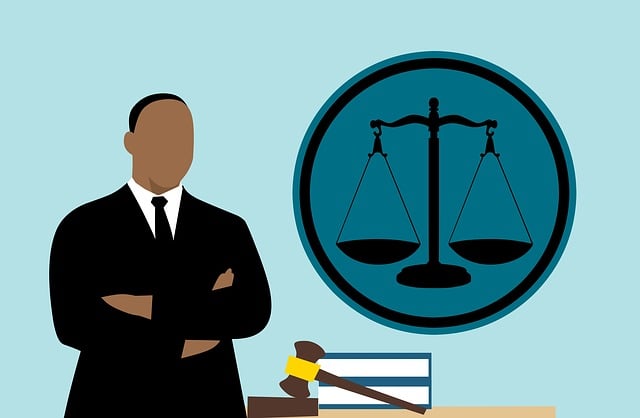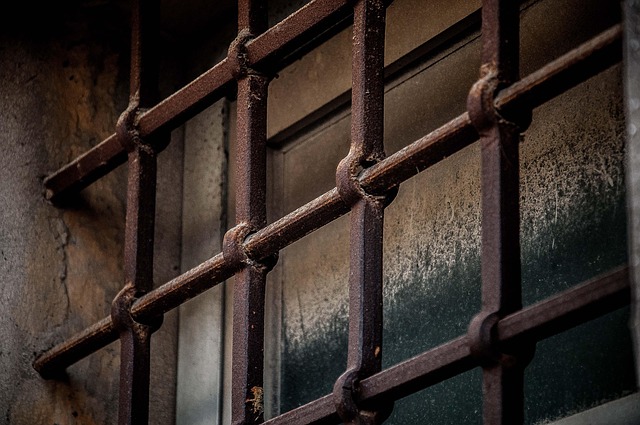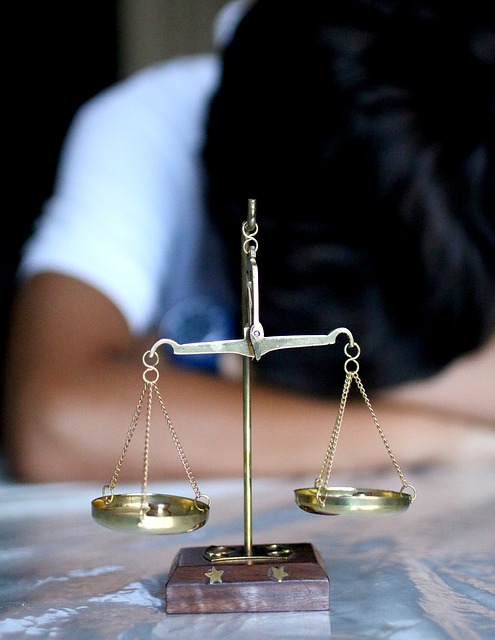Youth Justice and Fair Treatment demand a tailored approach to address immigration-related issues stemming from DUI, especially for non-citizen minors facing severe consequences like deportation. Balancing rehabilitation with protective measures is crucial to safeguard young people's rights and future prospects. Understanding unique experiences, including immigration status, is vital for equitable treatment. Disparities in DUI convictions among minorities and immigrants highlight the need for policy reforms, cultural competency training, and improved legal representation. Specialized legal counsel for minors facing DUI charges, coupled with cultural competency training for justice system actors, ensures equal treatment and positive outcomes, avoiding harsh penalties and mitigating immigration consequences.
Youth justice and ensuring fair treatment are paramount concerns, especially regarding minor offenders. This article explores the intricate issues surrounding young individuals facing DUI charges, highlighting the significant immigration implications that can profoundly affect their future. We delve into the disproportionate impact on minority and immigrant youth, emphasizing the importance of understanding their legal rights in these complex cases. Additionally, we present strategies to promote equal treatment within the juvenile justice system and share inspiring case studies showcasing successful fair treatment outcomes.
- Understanding Youth Justice and Fair Treatment
- Immigration Implications of DUI Convictions for Young People
- Disproportionate Impact on Minorities and Immigrants
- Legal Rights and Protections for Youth in DUI Cases
- Strategies to Ensure Equal Treatment in the Juvenile Justice System
- Case Studies: Success Stories of Fair Treatment in Youth Justice
Understanding Youth Justice and Fair Treatment

Youth Justice and Fair Treatment go hand in hand, aiming to ensure that young people involved in the criminal justice system are treated with dignity, empathy, and proportionality. This includes understanding that their experiences, including any immigration-related consequences, are unique and require tailored approaches. For instance, a DUI conviction can have severe repercussions for youth, potentially impacting their ability to drive, study, or work, and could even lead to deportation in cases involving non-citizen minors, emphasizing the need for equitable treatment within the justice system.
Fair treatment demands that we recognize the nuances of these situations, especially when dealing with issues like immigration. The Immigration Consequences of DUI Convictions can vary widely, from fines and community service to more severe penalties, depending on individual circumstances. Therefore, a balanced approach is necessary, focusing on rehabilitation and second chances while also ensuring that the rights and future prospects of young people are safeguarded.
Immigration Implications of DUI Convictions for Young People

For young people, a Drug Driving Under the Influence (DUI) conviction can have significant immigration implications, often leading to severe consequences that extend far beyond the criminal justice system. These implications are particularly acute for individuals who are not citizens or permanent residents, as DUI offenses can impact their ability to remain in the country and even affect their citizenship status. The Immigration Consequences of DUI Convictions include potential deportation, removal from the country, and denial of entry into the US in the future.
These outcomes are based on federal laws that treat DUI as a serious offense, often linking it to issues like public safety, national security, and moral character. As such, immigration authorities may view a DUI conviction as an indication of poor judgment or a lack of responsibility, which can hinder an individual’s ability to maintain legal residency. This is especially concerning for young people who may be in the process of establishing their identity and citizenship status, potentially impacting their educational opportunities, future employment prospects, and overall integration into society.
Disproportionate Impact on Minorities and Immigrants

In many justice systems, minorities and immigrants face a disproportionate impact, especially in the context of DUI (Driving Under the Influence) convictions. This is concerning as research indicates that certain ethnic and racial groups are more likely to be stopped, searched, and charged with DUI offenses compared to their representation in the general population. The Immigration Consequences of DUI Convictions can be severe for these individuals, often leading to deportation or long-term legal residency issues. This disparity in treatment raises questions about bias and procedural unfairness within law enforcement and judicial processes.
The consequences for immigrants, in particular, are significant as a DUI conviction can jeopardize their legal status, making it challenging to maintain employment, access education, and contribute to their communities. This is further complicated by language barriers and cultural misunderstandings that may hinder an individual’s ability to navigate the complex legal system. Addressing these disparities requires a comprehensive approach, including policy reforms, increased cultural competency training for law enforcement and judicial officers, and better access to legal representation for vulnerable populations.
Legal Rights and Protections for Youth in DUI Cases

In the context of Youth Justice Fair Treatment, understanding legal rights and protections is paramount, especially for young individuals facing DUI (Driving Under the Influence) charges. Minors involved in such cases require specialized representation to ensure their rights are upheld. The juvenile justice system operates differently from adult courts, with a focus on rehabilitation and reintegration rather than punishment.
Youth facing DUI accusations must be aware of potential Immigration Consequences of DUI convictions, as these can significantly impact their future. Given the sensitive nature of immigration laws, any interaction with law enforcement can have long-lasting effects, especially for non-citizen youth. Therefore, legal counsel familiar with both juvenile and immigration laws is crucial to navigate these complex cases effectively.
Strategies to Ensure Equal Treatment in the Juvenile Justice System

Ensuring equal treatment in the Juvenile Justice System is paramount to fostering a fair and just society. One key strategy involves cultural competency training for judges, prosecutors, and law enforcement officers. This training equips them with the knowledge and skills to understand and address the unique needs and challenges faced by youth from diverse backgrounds, including those with immigration concerns. By recognizing and respecting cultural differences, professionals can ensure that decisions are not influenced by bias or prejudice, promoting fairness throughout the system.
Additionally, legal aid and representation are crucial for equal treatment. Many young individuals, especially those facing Immigration Consequences of DUI convictions, may not have access to adequate legal resources. Providing free or low-cost legal assistance ensures that these youth understand their rights, navigate the complexities of the justice system, and receive fair trials. This includes helping them explore potential defenses, negotiate plea agreements, and understand the implications of a conviction on their future, particularly regarding immigration status.
Case Studies: Success Stories of Fair Treatment in Youth Justice

In many instances, youth justice systems around the globe have been praised for their commitment to fair treatment, offering successful models that can be replicated and adapted to different contexts. One striking example is the approach taken by certain countries in addressing young people with immigration status who face DUI (Driving Under the Influence) convictions. These nations have implemented innovative programs that consider the unique circumstances of such youth, minimizing harsh penalties and potential immigration consequences.
Case studies reveal that focusing on rehabilitation and diversionary programs has led to positive outcomes. By providing specialized support services, including legal aid, education, and vocational training, these countries help young people overcome their mistakes and reintegrate into society productively. This not only reduces recidivism rates but also ensures that immigration consequences are mitigated, allowing for a second chance at a successful future.
In addressing youth justice and fair treatment, especially regarding the immigration consequences of DUI convictions, it’s clear that systemic changes are necessary to mitigate the disproportionate impact on minorities and immigrants. By understanding the complexities involved and implementing strategies for equal treatment in the juvenile justice system, we can forge a path towards a more just and equitable future. The case studies presented highlight successful approaches, offering valuable insights into how to navigate the challenges and ensure fair outcomes for all young people, regardless of their background or immigration status.






